
My copy of The Best American Nonrequired Reading 2006, edited by Dave Eggers, arrived yesterday. It's perhaps the last copy of this book available right now on the Internet, snatched up by readers for its final piece, David Foster Wallace's Kenyon College Commencement Speech of 2005, written about earlier here at elenabella.
It's a fine collection that gives a word picture snapshot of the times, including Best Fake Headlines from The Onion ("Case of Glitter Lung on the Rise among Elementary School Art Teachers") and Best New Words and Phrases (downlow, dramedy, geocaching, greige, podcast, spendy, and twofer make the 2006 list).
Coming from a national co-op grocery marketing conference last week, where we talk a lot about the quality of experience offered to our shoppers, I was quite amazed to see that the heart of Wallace's speech is the story of an alienating trip to a super-lit sensory-deadening supermarket. Here is how he describes the numbing effects of everyday adult life:
By way of example, let's say it's an average day, and you get up in the morning, go to your challenging job, and you work hard for nine or ten hours, and at the end of the day you're tired, and you're stressed out, and all you want is to go home and have a good supper and maybe unwind for a couple of hours and then hit the rack early because you have to get up the next day and do it all again. But then you remember there's no food at home -- you haven't had time to shop this week, because of your challenging job -- and so now after work you have to get in your car and drive to the supermarket. It's the end of the workday, and the traffic's very bad, so getting to the store takes way longer than it should, and when you finally get there the supermarket is very crowded, because of course it's the time of day when all the other people with jobs also try to squeeze in some grocery shopping, and the store's hideously, fluorescently lit, and infused with soul-killing Muzak or corporate pop, and it's pretty much the last place you want to be, but you can't just get in and quickly out: You have to wander all over the huge, overlit store's crowded aisles to find the stuff you want, and you have to maneuver your junky cart through all these other tired, hurried people with carts, and of course there are also the glacially slow old people and the spacey people and the ADHD kids who all block the aisle and you have to grit your teeth and try to be polite as you ask them to let you by, and eventually, finally, you get all your supper supplies, except now it turns out there aren't enough checkout lanes open even though it's the end-of-the-day-rush, so the checkout line is incredibly long, which is stupid and infuriating, but you can't take your fury out on the frantic lady working the register.
Anyway, you finally get to the checkout line's front, and pay for your food, and wait to get your check or card authenticated by a machine, and then get told to "Have a nice day" in a voice that is the absolute voice of death, and then you have to take your creepy flimsy plastic bags of groceries in your cart through the crowded, bumpy, littery parking lot, and try to load the bags in your car in such a way that everything doesn't fall out of the bags and roll around in the trunk on the way home, and then you have to drive all the way home through slow, heavy, SUV-intensive rush-hour traffic, etcetera, etcetera.
Throughout the speech, Wallace is examining our notions of freedom, and our tendency to see ourselves at the center of the universe ("the freedom to be lords of our own tiny skull-sized kingdoms, alone at the center of all creation"). He's urging more imaginative awareness:
...the freedom of real education, of learning how to be well-adjusted: you get to conciously decide what has meaning and what doesn't. [ ...] The real important kind of freedom involves attention, and awareness, and discipline, and effort, and being able truly to care about other people and to sacrifice for them, over and over, in myriad petty little unsexy ways, every day.
Without realizing it, Wallace is talking about the kind of culture co-op grocery stores work to create – with real connections to member-owners, customers, staff, and suppliers – and the conscious effort it takes to build and sustain quality interactions. I wish he'd been a customer at one of our stores, with a humanizing, restorative experience, a cashier who could talk to him about his writing (or at least ask "how's it going?"), a familiar place to energize and revive his day.
Never underestimate the far-reaching effects of a visit to the grocery store, whether it's a good trip or bad.
The Wall Street Journal reprinted most of the speech in full; you can find it at this link. They leave off the final couple of sentences, which I've restored below:
It is unimaginably hard to do this – to live consciously, adultly, day in and day out. Which means yet another cliché is true: your education really is the job of a lifetime, and it commences – now. I wish you way more than luck.
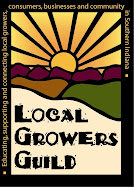























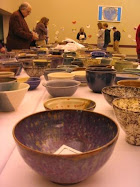




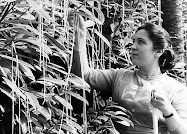


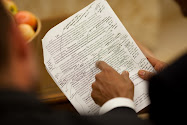
























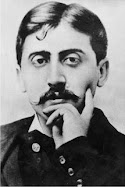






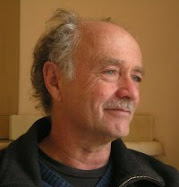











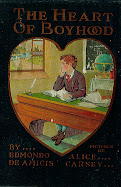
















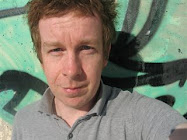




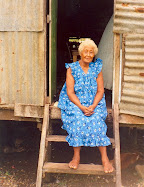


























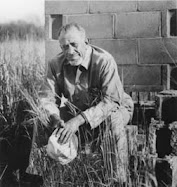









.jpg)














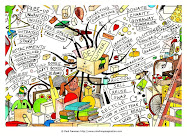






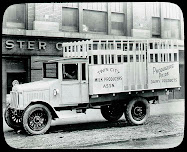





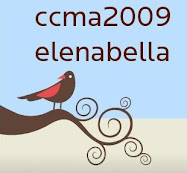














































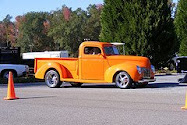













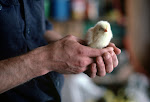
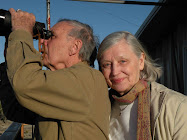
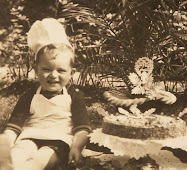














































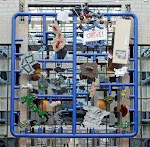.jpg)








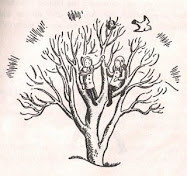







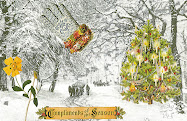



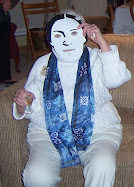









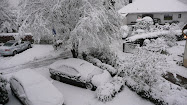






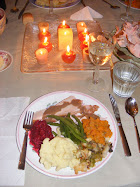




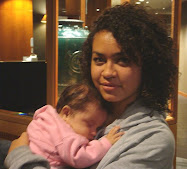
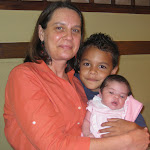





























































1 comment:
Tolstoy was also suicidal, and he just published War and Peace! We project onto the super successful our craving to be in their shoes, but, in reality, our wonderment at their lives (being a super successful writer and lauded to the sky) is just a fantasy. But the above article by Wallace seems to be his imagination rather than reality. Wallace didn't have a stressful job.
Post a Comment